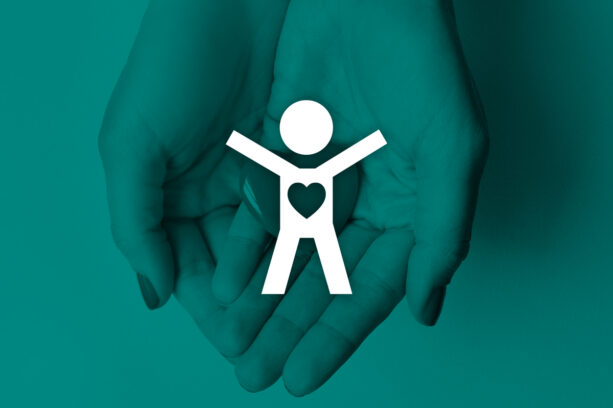EQ Weekly Roundup 24-7-18

This week’s roundup includes news that millions of UK families are worse off than 15 years ago, electric car owners could soon benefit from cheaper charging plans and escalating trade tensions have sparked concerns over global growth.
This week’s roundup includes news that millions of UK families are worse off than 15 years ago, electric car owners could soon benefit from cheaper charging plans and escalating trade tensions have sparked concerns over global growth.
Millions of families ‘worse off’ than 15 years ago
The new report has revealed the economy has been failing to generate income for people over many years despite record levels of people in work.
In 2003, households on the lower half of incomes typically earnt £14,900.
In 2016/17 that figure had fallen to £14,800, the research shows. Both figures are adjusted for inflation and housing costs.
There are over eight million low and middle-income households, just under half of which have children. And it is not just poorer households which have been facing a pay squeeze.
The Resolution Foundation report said that surveys revealed that over 40% of low to middle income families feel they would be unable to save £10 a month and over 35% would be unable to afford a holiday for one week with their children.
The report added: ‘We appear to have a picture of generalised stagnation for many, with lower income households actually going backwards. The apparent falling away of the bottom from the middle in 2017/18 represents a disturbing new development.’
Cheaper charging plans for electric cars
So even though early evening is a peak time for energy use – making electricity expensive – hot or windy weather might bring the cost down.
Cheaper ‘time of day’ tariffs are already available to 11 million homes in the UK that have smart meters installed.
To benefit from the new tariffs, electric car owners would need to have a smart meter, as well as a smart charger for their vehicle. Ofgem will now consult on the plans with interested parties.
Trade row may hurt global growth, says G20
France’s finance minister, meanwhile, said the EU should not negotiate trade with ‘a gun to its head.’
In a joint statement, the G20 ministers said risks to growth ‘over the short and medium term have increased. These include rising financial vulnerabilities, heightened trade and geopolitical tensions.’
’International trade and investment are important engines of growth,’ they said, adding that they ‘recognise the need to step up dialogue and actions to mitigate risks and enhance confidence.’
World Cup and summer sun boost supermarket sales
Market research firm Kantar Worldpanel said food and drink sales in the 12 weeks to 15 July rose by 3.6% from a year earlier.
In the week England played Colombia and Sweden, alcohol sales hit a record for a week outside of Christmas and Easter.
Tesco still has the biggest share of the grocery market at 27.6%. Aldi, Lidl and the Co-op all saw their market share grow. Aldi now has a record market share of 7.5%, up from 7% last year, while Lidl has a share of 5.4%, up from 5.1%.
The rest of the big high street chains saw their market share remain the same or fall back slightly. Home delivery food service Ocado saw its market share grow to 1.2%
